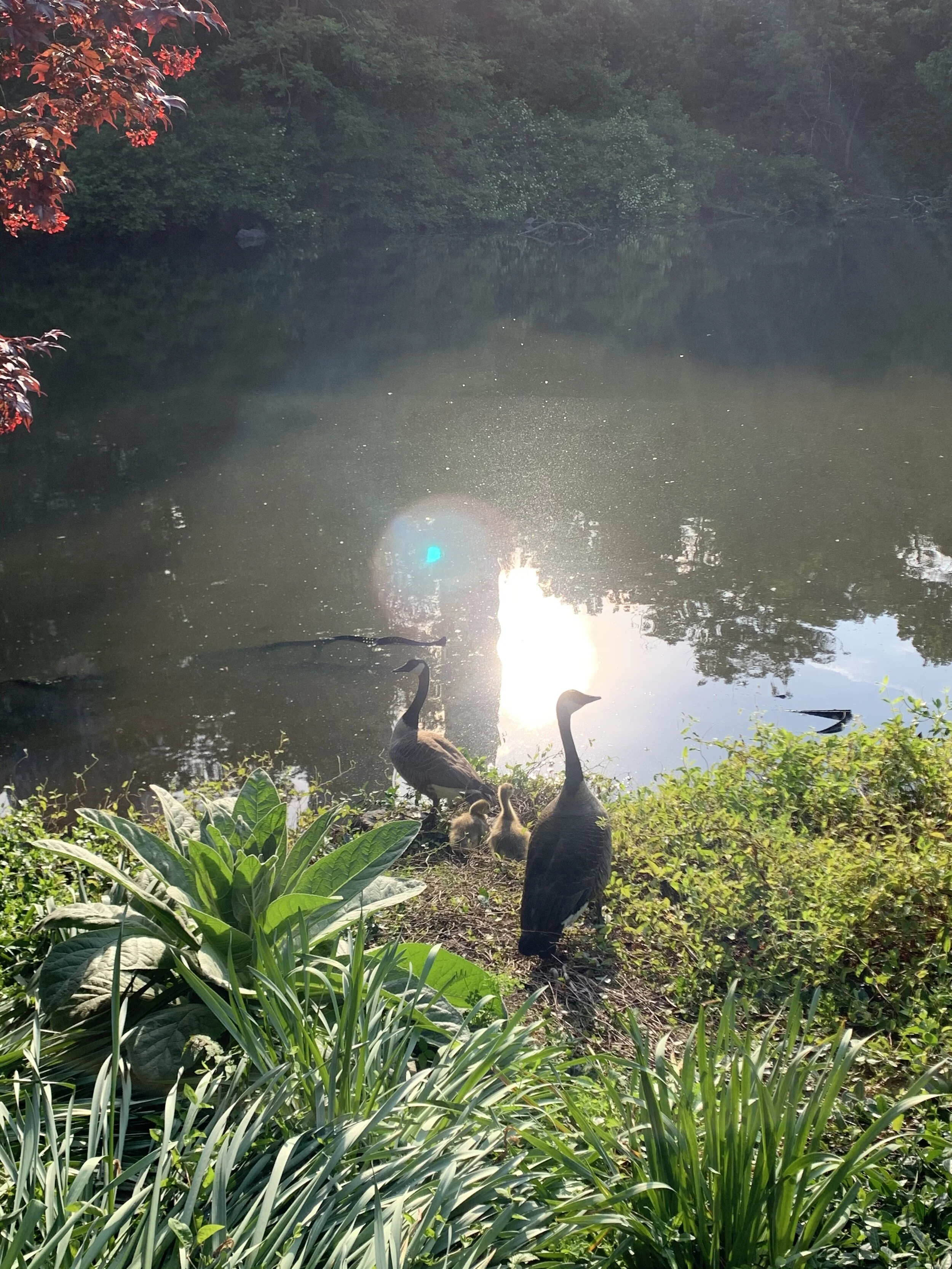American Goldfinch
Birds not only are a delight for birdwatchers, but they have incalculable benefits such as being pest control agents, pollinators, dispersing seeds, providing guano fertilizer and as carcass cleaners. According to BirdLife International, one in eight—more than 1,300 species—are threatened with extinction globally, and the status of most of those is deteriorating. What can we do? There are several things we as individuals can do to help birds survive:
We can plant native trees and shrubs like serviceberry or crabapple that provide food and shelter for birds (see Audubon’s Native Plants Database for more suggestions). Set up bird feeders away from windows and roads, and fill them with bird seed and/or suet to help birds that are struggling to survive harsh winter conditions.
Rose breasted grosbeak
Keep them clean. Provide water and change bird bath water daily. Put up nest boxes. Place decals on windows to help prevent bird from crashing into them.
You can help marine birds by reducing plastic waste and recycling. Support organizations like Audubon and the Cornell Laboratory of Ornithologythat endeavor to combat the trend of declining bird population.
And here are a few don’ts:
Don’t use pesticides or herbicides, poisons or other toxic materials:
Do not buy plants containing neonicotinoids or “neonics,” that are lethal to birds and to the insects that birds consume.
Don’t let cats venture outdoors unharnessed and unleashed - they are the number one killer of birds.
Don’t feed birds bread and other foods that are not part of their natural diet:
Bread has a propensity to mold. Moldy bread can poison and kill birds, and salmonella is a big concern also.
Bread does not contain the necessary protein and fat birds need from their diet, and so it can act as an empty filler.
This can lead to Angel Wing, a condition that affects mostly waterfowl, caused by a nutritional deficiency in vitamins and minerals combined with a high level of carbohydrates and sugars.
Debbi Dolan




